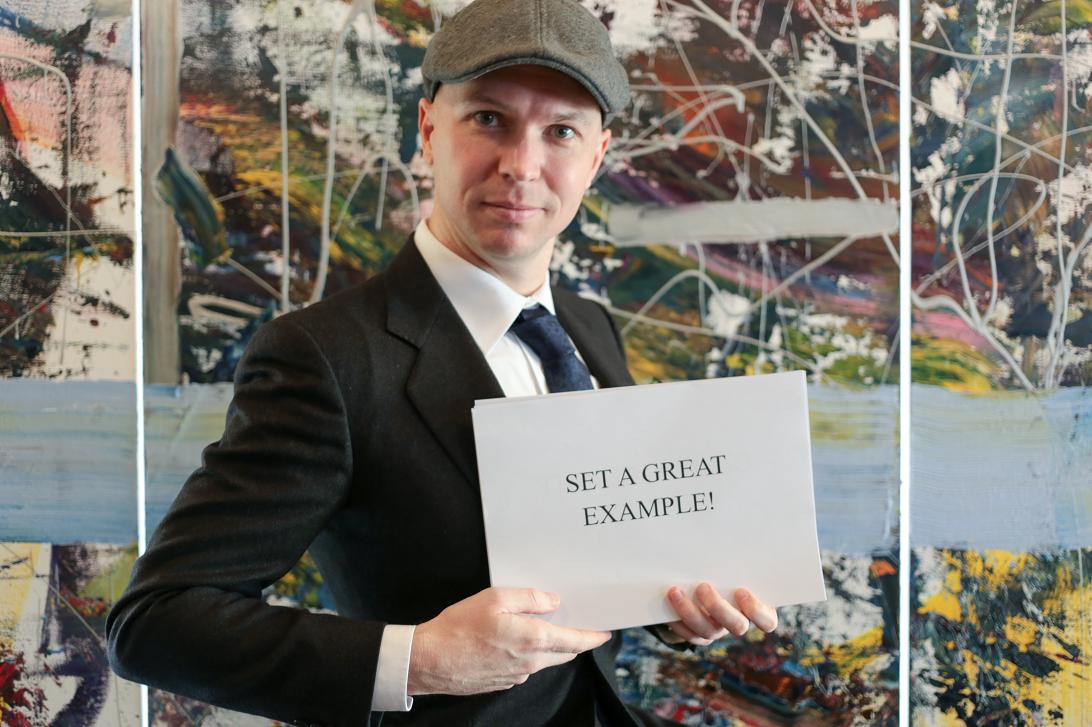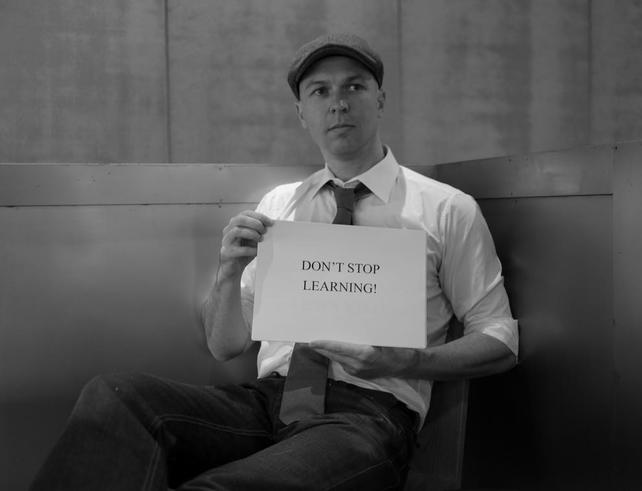Today it is all about setting a great example – not just in the way you present yourself or in the way that you carry yourself as a leader – but also in the way you present your classroom, the amount of effort you put into preparing engaging materials and classes, and in the way you interact with your students, your students’ parents, and your colleagues.
Setting a Great Example: Personal Level
Setting a great example involves actively thinking about the way others see you. It involves taking stock of the way you carry yourself, the way you interact with others, and the way you present the knowledge you possess.
Some of the key factors you might like to consider when trying to set a great example for your students could include being on time, dressing the part, speaking in a respectful way, having knowledge, effectively sharing and presenting your knowledge, listening well, caring, being curious, and always trying your best.
Setting a great example also requires you to think about the subtle messages your environment (i.e. your classroom and workspaces) sends about you. This is because as educators our workspaces and the quality of classes are under constant scrutiny and are often viewed as reflections of ourselves. To be sure, this scrutiny does not just come from concerned (and sometimes overzealous) parents and facility managers, but also from our students, colleagues, and any special guests we invite into our educational spaces.
This being true then it is clear to see how thinking about the way we present our classrooms, workspaces, classes, and activities should be taken into consideration when thinking about how to set good examples for our students.
Some of the things educators can do to highlight their professionalism and dedication to their students in the classroom and other educational spaces include delivering fun and/or engaging classes, ensuring your learning area is a safe and welcoming space (both physically and emotionally), ensuring in-group membership by actively encouraging and respecting all learners equally, having educational spaces that are suitable for your students’ needs and expectations, and by reflecting on your teaching practices and style to ensure your classes are educational, engaging, and effective.
Of course there are many other things you can do (and not do) to set a great example for your students, but the above ideas are a perfect place to start. Of course, if you have any thoughts, tips, or feedback on this issue then I would love to hear from you – just post your feedback in the comments section of this post.
Thank you for reading and remember to set a great example for someone today (even if it just for yourself),
Josh
Keep English Real!
josh esl, josh efl, efl josh, esl josh, teaching English in Korea, how to teach English, TESOL, eslblog, eflblog, efljosh, esljosh.com, efljosh.com, IELTS, KOTESOL leadership for teachers, teacher's mindset, positive teaching, set a great example


 RSS Feed
RSS Feed